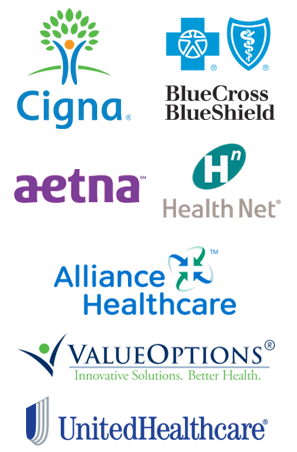LSD
 Lysergic Acid Diethylamide (LSD) is a potent semisynthetic hallucinogen. Its popularity peaked in the 1960’s and was one of the most frequently used recreational drugs during that time. LSD is categorized as a Schedule I substance under the Controlled Substances Act. This means that it has a high potential for abuse, no currently accepted medicinal use in the United States and a lack of accepted safety for use even under medical supervision. LSD is produced illegally in laboratories around the United States.
Lysergic Acid Diethylamide (LSD) is a potent semisynthetic hallucinogen. Its popularity peaked in the 1960’s and was one of the most frequently used recreational drugs during that time. LSD is categorized as a Schedule I substance under the Controlled Substances Act. This means that it has a high potential for abuse, no currently accepted medicinal use in the United States and a lack of accepted safety for use even under medical supervision. LSD is produced illegally in laboratories around the United States.
LSD is an odorless and colorless substance that carries a slightly bitter taste. It comes in tablets, capsules and occasionally in liquid form. Liquid LSD is often added to an absorbent type of paper such as blotter paper. The paper is then divided into small squares that are usually decorated with pictures of cartoon characters or colorful designs. Each one of these squares of paper is one dose of LSD.
Most individuals abuse LSD orally. Within the first hour after ingestion users may experience visual changes along with extreme mood changes. The high experienced while using LSD is referred to as a “trip.” During a trip the user experiences; intense hallucinations, impaired depth and time perception accompanied by distorted perceptions of the shape and size of objects, movements, colors, sound, touch and the user’s own body image. LSD also affects the user’s ability to make sound judgments and see common dangers, thus making them susceptible to personal injury.
Some individuals can suffer from acute anxiety and depression after an LSD trip. Users can also suffer from flashbacks of their LSD trip. Flashbacks have been reported days and even months after taking the last dose. The physical effects of LSD use include dilated pupils, higher body temperature, increased heart rate and blood pressure, sweating, loss of appetite, sleeplessness, dry mouth and tremors. Longer, more intense “trip” episodes can result in psychosis and possible death.
Street names include Acid, Blotter Acid, Dots, Mellow Yellow, and Window Pane. LSD’s effects are similar to other hallucinogens, such as PCP, mescaline, and peyote.
If you or someone you love has a problem with LSD, call our professionals at Sobriety Resources (855)289-2640 today to experience the freedom of sobriety.


